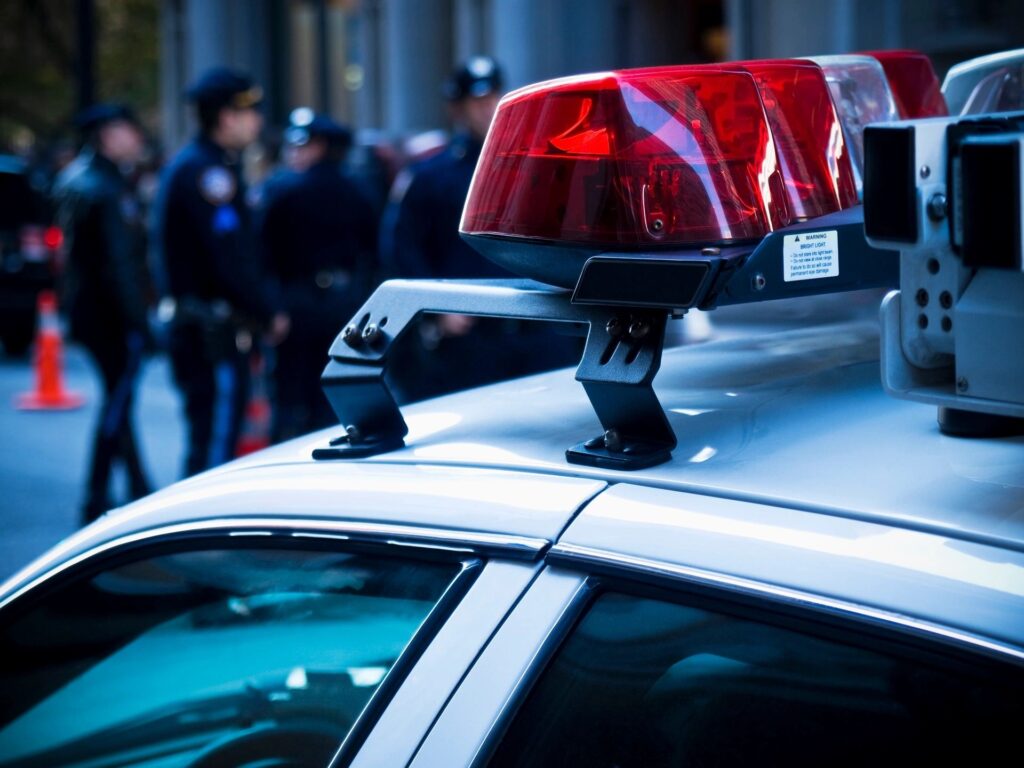Sgt. Sean Clark heads up the Phoenix Police Department’s Retail Theft Crimes detail. “I think a lot of people are very brazen,” said Clark. “They have a disregard for the businesses themselves, and feel entitled to take what they want from these places.”
Clark said they’ve prioritized protecting businesses, shoppers and staff by cracking down on retail theft, which has skyrocketed across the country.
According to the National Retail Federation, Arizona retailers lost an estimated $1.500 billion in revenue to theft in 2022. Phoenix PD was tipped off last month that three women were walking out of a Marshalls store with shopping carts full of unpaid items.
Officers were outside waiting for them and took them into custody. Investigators believe these three suspects are responsible for several other shoplifting incidents in the area. “We have a sincere passion for getting justice for victims and stopping this, and not letting it become a problem, as it has in other states,” said Clark.
Clark said the key to this bust, and others like it, is having a good relationship with businesses, who often have “hands-off” policies when it comes to shoplifting. They don’t want their security teams to be confrontational with shoplifters, which could lead to an escalation in violence. In the Marshall incident, the store’s security team spotted the suspicious behavior and called the police right away.
Mike Huckins is senior Vice President of Public Affairs with the Greater Phoenix Chamber of Commerce. He thinks the reason shoplifting in Arizona hasn’t become as big a problem as it has in California is because law enforcement here has been willing to step in and make arrests, and prosecutors haven’t been afraid to hold shoplifters accountable.
“We’ve seen a great interaction between the law enforcement community and business community on this issue and we hope that continues,” said Huckins. “Nobody wants to get to the point where you are seeing stores unfortunately have to close, because they they can’t take that sort of loss from the bottom line. We’re not across the finish line by any means, but I think we are in much better place than some of our neighboring states around the country.”


